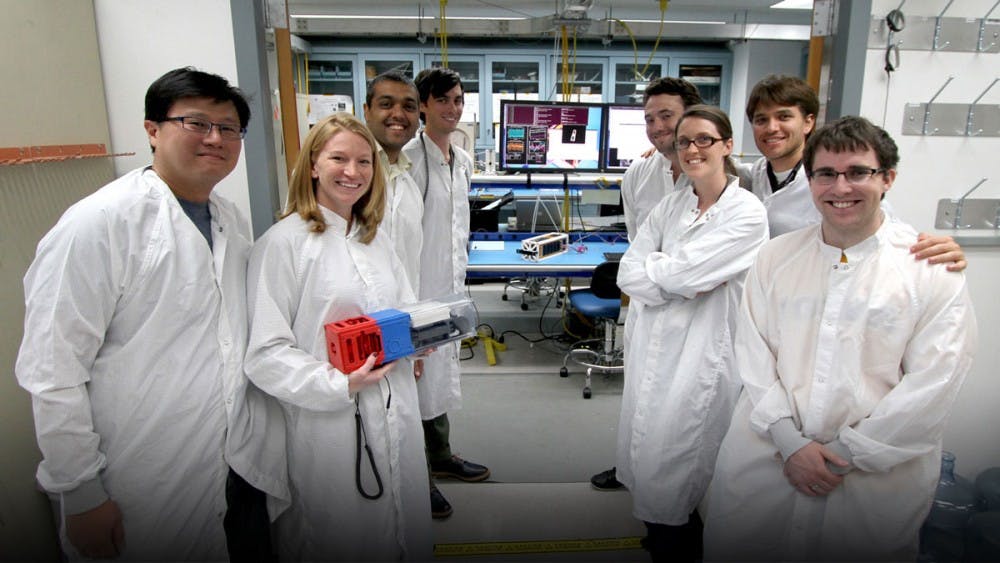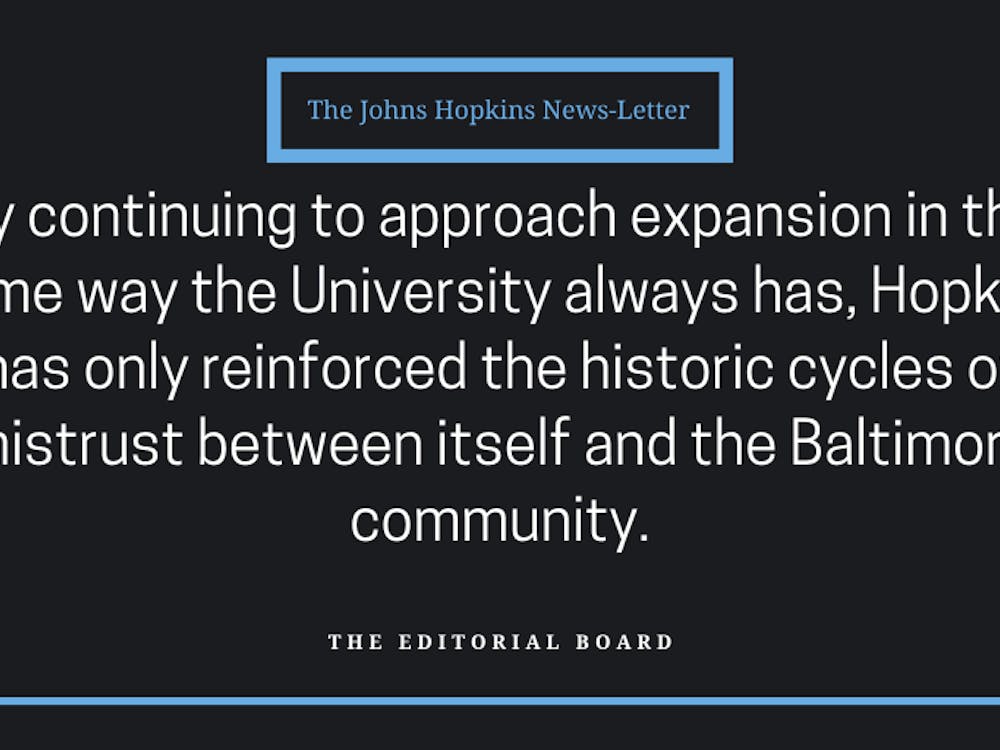
I’m tired of being self-aware. I’m tired of making sure that my opinions aren’t offensive. I’m tired of putting myself down when asking questions and giving advice. My questions aren’t stupid, and my experiences aren’t negligible. I’m tired of waiting for people to explain things that I already know. I’m tired of making sure that the ideas I raise and take ownership of don’t sound arrogant. I’m tired of caring about group dynamics and making sure I have all the right “soft skills.”
Women are socialized to do the emotional labor of maintaining group harmony. We’re supposed to care that every single person in the group feels valued and like they have important things to contribute. We’re supposed to have this fabled maternal instinct that leads us to be “moms” in our friend groups, the responsible ones that make sure everyone else is okay. That’s the ideal — the mom. But that’s total bullshit.
If we’re always working so hard to make sure that no one gets hurt, then when will we have the time or energy to dedicate to our own personal growth and development as engineers and as living, breathing human beings? Taking the time every single day, in every single class, to make sure that the group is OK is absurd. It allows more assertive peers to unwittingly walk and talk over us and our ideas. More importantly, it makes us suppress who we are.
I can’t speak for every other woman in the field of engineering, but I myself know somewhat well at this point: I love to argue. I love conflict, heated debates and finding holes in arguments. Growing up I was part of a loud family — the kind of family that yelled when we got mad and apologized when we calmed down.
I love my family, our quiet Friday nights watching Star Trek and Buffy the Vampire Slayer and our loud Sunday mornings when we were supposed to do chores. It felt good to raise my voice. That part of my personality hasn’t gone anywhere. I still have the fire that my mom gave me and the cool analytical fascination with how many holes I can find in someone’s arguments that my dad gave me.
I want to be myself at Hopkins. I want to be the one that asks questions and challenges ideas and doesn’t stay satisfied knowing just what I’m supposed to know. I want to let loose the assertive personality that I started caging up in middle school when it wasn’t okay to have ideas that didn’t fit the social hierarchy of life. I hate when people explain things to me without asking. I hate when my peers bash the one female professor we’ve had so far at Hopkins for teaching the material she was supposed to teach too well.
Part of the reason I want to change all this stuff about myself is because I want to be able to spend energy on the things I actually care about. Another part is because I want to make an atmosphere at Hopkins, specifically in engineering, where sexism gets squished like a bug that’s overstayed its welcome.
Up until now, I’ve hated working on group projects — to be honest I still do. It’s not the challenge of a complex task to complete that makes me frustrated but the group dynamics. I hate getting talked over more than anything. Call it arrogance or call it self-confidence, I think that I have good ideas sometimes and that those ideas deserve to be heard out in their fullest.
It’s easiest to pursue those ideas when I’m working on my own, and so I tend to stay away from groups. Recently, we started a project in one of my labs, and I had the same problem as usual. I got talked over, my ideas got moved around and I generally got frustrated. And then a friend stepped in and said, “Hey, I liked that idea.”
With that simple sentence it felt like I had valid ideas and opinions. I want to do the same. I want to step into a classroom and say: “Hey, that was a really good idea. She put up that really good idea and you all should listen to her.”
If we all play to our strengths, we can create a work environment crafted by us for us. We don’t have to play into masculine stereotypes to fit into the work place, and we don’t all have to fit into feminine stereotypes either.
We have a variety of experiences that have shaped our natures and opinions and ideas. If we can change the workplace to embrace and accept that vast array of humanity, then we can be less exhausted with constant worries about our co-workers. We can finally say, “Fuck it” and love and own the work we’re doing to change the world. It just takes shedding the dumb social expectations we all carry on our shoulders first.























Please note All comments are eligible for publication in The News-Letter.